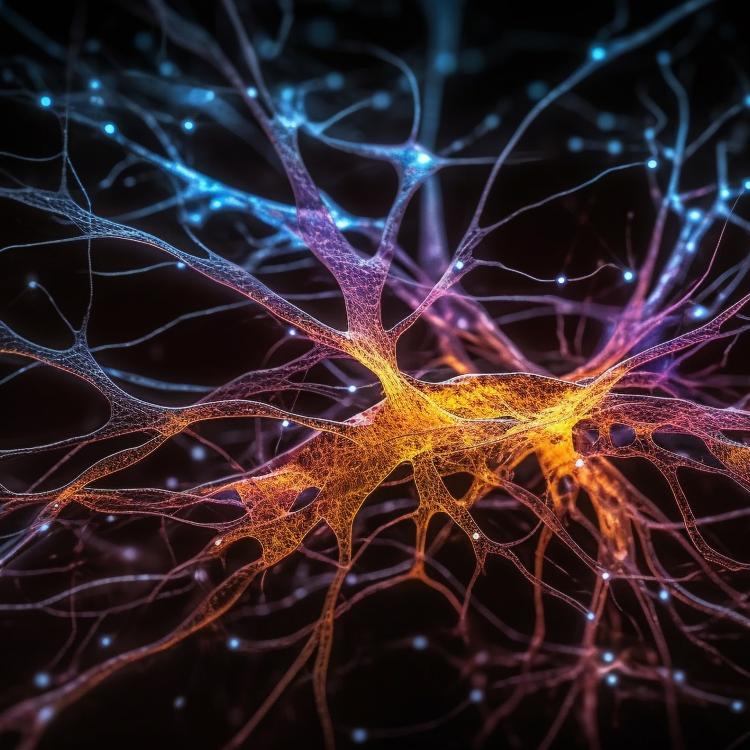We are seeking a motivated PhD candidate to work on unsupervised music emotion tagging within the broader field of affective computing. The project aims to develop reproducible machine learning approaches for automatic emotion recognition in music, with stronger theoretical grounding, transparent model implementation, and rigorous validation.
Research projects in Information Technology
Displaying 1 - 10 of 197 projects.
AI of Neural Connectivity for Biomarker and Treatment-Response Discovery
Using the Project-1 hiPSC platform, this project builds AI pipelines to learn disease-relevant representations from cellular images, fused with multi-omics. Models will classify diagnosis and predict treatment response with strict donor-level splits, cross-regional external validation, and fairness audits (sex/ethnicity stratification). Interpretable AI (e.g., attribution maps, SHAP) will nominate mechanism-anchored biomarkers and candidate interventions. Tooling will be containerised and open to support reproducibility and clinical translation.
Establishing frameworks and parameters around Value-Based Digital Health
Digital health (DH) technologies promise significant improvements in healthcare delivery, but their successful implementation requires rigorous evaluation to ensure they meet clinical and operational needs.
There is a key opportunity for specialist work in an emergent intersection area which we can call Value-Based Digital Health (VBDH).
To expand further, VBDH is a discipline area that sits at the intersection of DH, HTA and IS and is focused on defining, delivering and measuring value in all parts of the lifecycle of DH products. (Prof C Bain, 2024)
Implementation Challenges in AI for Pathology
In order to achieve ubiquitous success in AI for Pathology around the world (in particular in histopathology), a number of key technical issues and challenges need to be addressed. These - and potential remedial approaches - will be explored in this research program and they include (as examples):
Optimal Design of Control Charts for Enhanced Statistical Process Control
This research focuses on developing and evaluating methodologies for the optimal design of control charts within the framework of Statistical Process Control (SPC). The study aims to determine the best configuration of chart parameters, such as sample size, sampling interval, and control limits, to minimize detection time for process shifts while controlling false alarm rates. It explores both traditional and advanced optimization techniques, including analytical models, simulation-based approaches, and data-driven algorithms.
Digital Twin and AI for Real-Time Environmental Simulation
The project involves building a high-fidelity digital twin of complex urban or environmental systems by integrating GIS data, IoT sensor measurements, and domain-specific information. AI models will be developed to predict dynamic behaviors and key risk zones, and these models will be embedded into the digital twin to enable real-time simulation and visualization. The system’s performance will be evaluated in terms of prediction accuracy, computational efficiency, and usability to ensure it provides actionable insights for decision-making and planning.
Mobile AI for Food Image Recognition Using Knowledge Distillation
The project involves building and curating a comprehensive food image dataset suitable for mobile AI applications. High-accuracy deep learning models will be trained on this dataset and then compressed into lightweight student models using knowledge distillation, enabling efficient real-time inference on mobile devices. The distilled models will be deployed and optimized on mobile platforms, with their performance evaluated in terms of classification accuracy, computational speed, and overall usability.
Vertical Integration, Platform Access, and Performance in Asian Film Industries
This project examines how films produced in Asian markets perform in terms of commercial success and critical recognition using real-world industry data. Students will compile a dataset of films from regions such as Hong Kong, China, South Korea, and Southeast Asia, drawing on publicly available sources to analyse indicators such as production budget, box office revenue, streaming platform release, and awards. Using quantitative data analysis methods, the project aims to identify patterns and factors associated with successful film outcomes.
Immersive Visualization of Protein Structures in Food Science Using VR/AR
Understanding protein structures is fundamental in food science, but traditional 2D representations often fail to convey their complex 3D shapes and interactions. This project aims to develop VR/AR applications that allow users to explore protein structures interactively and immersively, enhancing comprehension of protein function, behavior, and their roles in food systems.
Digital Platforms for Sustainable and Nutritionally Informed Food Choices
This project explores the development of digital tools that measure the carbon footprint and nutritional impact of meals to support sustainable eating. It aims to integrate environmental and nutritional data into a user-friendly platform, enabling consumers, restaurants, and policymakers to make informed food choices and reduce diet-related emissions.

